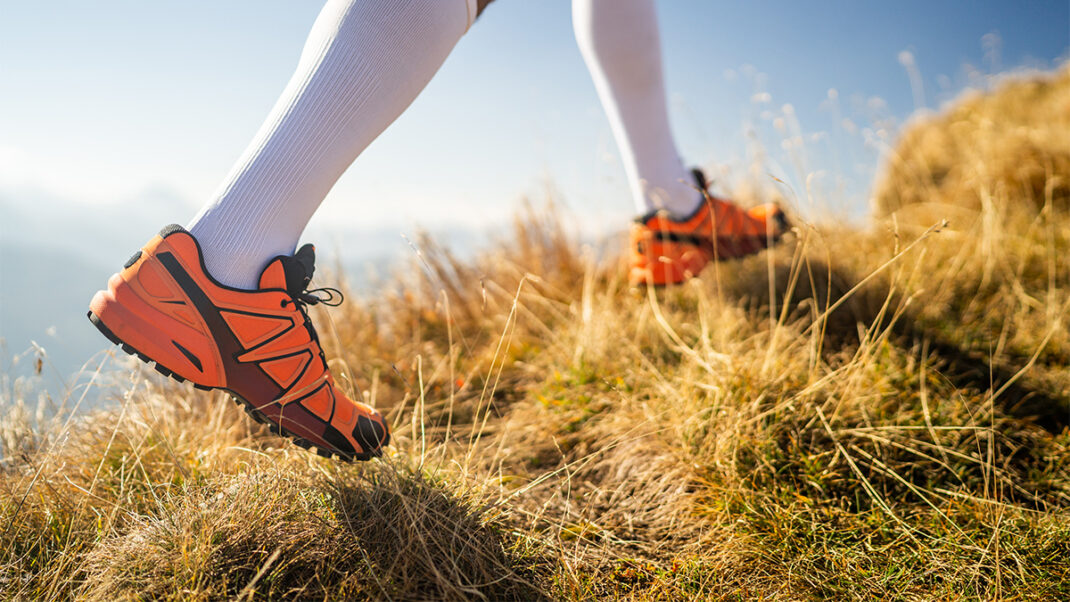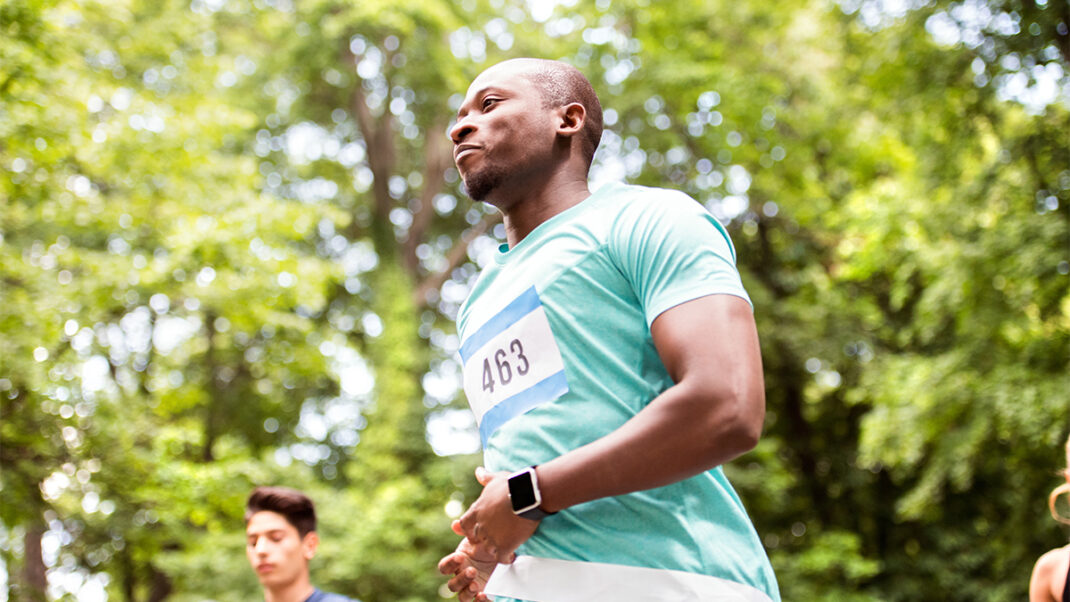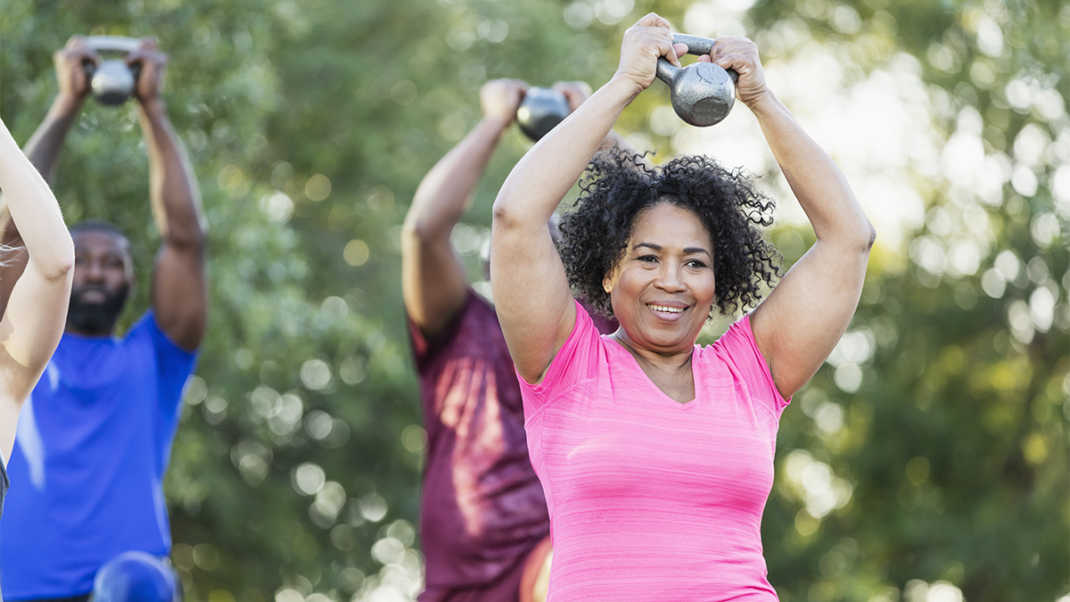Exercise and Jet Lag
Specifically timed exercise bouts can shift your body clock.

Maybe you’re familiar with using bright-light exposure to shift your body clock so you can overcome jet lag more quickly. But what about exercising to achieve the same goal? Researchers at Arizona State University and the University of California, San Diego, found that exercising at 7 a.m. or between 1 p.m. and 4 p.m. was effective for advancing the body clock, whereas training between 7 p.m. and 10 p.m. worked to delay the clock. “Delays or advances would be desired . . . for adjustment to westward or eastward air travel, respectively,” the study noted.
Lead author Shawn Youngstedt, PhD, professor in the Colleges of Nursing and Health Innovation and Health Solutions, Arizona State University, said in a press release, “Exercise has been known to cause changes to our body clock. We were able to clearly show in this study when exercise delays the body clock and when it advances it. This is the first study to compare exercise’s effects on the body clock and could open up the possibility of using exercise to help counter the negative effects of jet lag and shift work.”
The study appeared in The Journal of Physiology (2019; 597 [8], 2253–68).
Shirley Eichenberger-Archer, JD, MA
Shirley Eichenberger-Archer, JD, MA, is an internationally acknowledged integrative health and mindfulness specialist, best-selling author of 16 fitness and wellness books translated into multiple languages and sold worldwide, award-winning health journalist, contributing editor to Fitness Journal, media spokesperson, and IDEA's 2008 Fitness Instructor of the Year. She's a 25-year industry veteran and former health and fitness educator at the Stanford Prevention Research Center, who has served on multiple industry committees and co-authored trade books and manuals for ACE, ACSM and YMCA of the USA. She has appeared on TV worldwide and was a featured trainer on America's Next Top Model.






